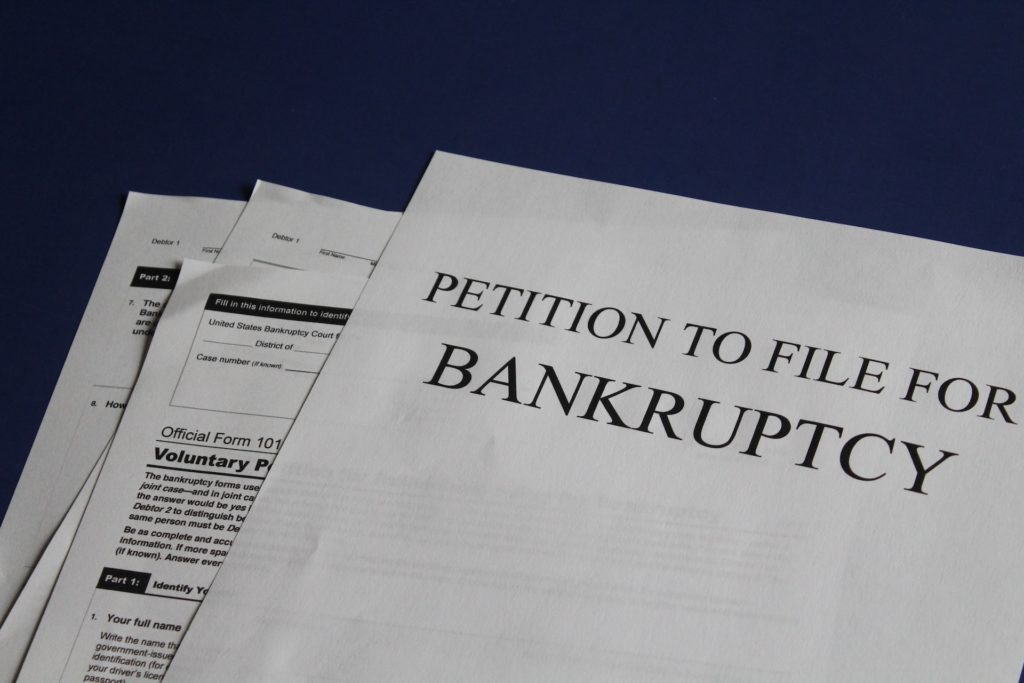When to File for Bankruptcy in Relation to Tax Returns

Timing is an essential aspect of filing for bankruptcy and filing tax returns. Individuals considering bankruptcy may wonder whether they should file for bankruptcy before or after filing their tax returns. This article provides a comprehensive guide to help individuals decide whether they should file for bankruptcy before or after filing their tax returns.
Filing Taxes Before, During, or After Chapter 7
Chapter 7 bankruptcy involves the sale of a debtor’s non-exempt property by the bankruptcy trustee. Then, the proceeds are distributed to creditors according to the priorities established in the U.S. Bankruptcy Code.
Filing all back taxes before filing for Chapter 7 bankruptcy is generally advisable. If you owe taxes from previous years, those tax debts may be discharged in a Chapter 7 bankruptcy if certain conditions are met. By making sure your tax filings are updated, you can ensure these debts are considered in your bankruptcy filing. Not filing tax returns before filing for bankruptcy may cause complications and could lead to the dismissal of your bankruptcy case.
If you file for bankruptcy during a tax year, on the other hand, you’ll still need to file a tax return for that year. The timing of your bankruptcy filing could affect how your tax debt is treated. The bankruptcy estate becomes a separate taxable entity upon filing a Chapter 7 case. This means the bankruptcy trustee should file a federal income tax return (Form 1041) for the bankruptcy estate.
However, you must still file an individual tax return (Form 1040) for income earned before the bankruptcy filing. Any tax refunds derived from this return may count as part of the bankruptcy estate, and you can use them to pay off your creditors.
Once your bankruptcy case is closed, you must file taxes as you usually would. However, it’s essential to note that a Chapter 7 bankruptcy discharge does not wipe out tax liens. If the IRS placed a tax lien on your property before you filed for bankruptcy, the lien will remain. Then, you’ll need to pay off the tax debt to get rid of it.
Also, not all tax debts can be discharged in bankruptcy. Generally, income tax debts can be eligible for discharge if they are for taxes due at least three years before filing for bankruptcy and if the tax returns were filed at least two years before the bankruptcy filing.
Filing Taxes Before, During, or After Chapter 13
When filing for Chapter 13 bankruptcy, you maintain control over your assets and determine how your creditors will be repaid. You won’t lose your tax refund, but you must disclose the right to receive it as an asset when initially filing your case. Additionally, the right to receive the refund on the filing date can affect the amount you must pay back in Chapter 13. This is because creditors need to receive the same amount as they would have under Chapter 7.
To have a plan confirmed, tax returns must be up to date. However, it’s optional to have all back tax returns filed before filing a bankruptcy petition. Failure to file required tax returns may result in Chapter 13 plan non-confirmation and eventual case dismissal. One can include outstanding tax debts in the Chapter 13 plan. In many cases, unpaid taxes can be discharged if the tax return was filed more than two years before the bankruptcy filing date. However, income tax obligations from the previous 3-4 years or those assessed within 240 days before filing for bankruptcy must be fully paid through the Chapter 13 plan.
The Importance of Accuracy
Regardless of when an individual files for bankruptcy, it is crucial to ensure that their tax returns are accurate. Inaccurate tax returns can lead to issues with the bankruptcy process and may even result in the debtor being accused of fraud. Individuals must ensure their tax returns are complete and accurate before filing for bankruptcy.
Consult with a Bankruptcy Attorney
Consulting with a bankruptcy attorney is essential for individuals who are considering filing for bankruptcy. A bankruptcy attorney can guide the impact of bankruptcy on tax returns and can help individuals navigate the complex bankruptcy process. Additionally, a bankruptcy attorney can help ensure all necessary documents are filed correctly and accurately.
Make an Informed Decision with a Bankruptcy Attorney
Deciding whether to file for bankruptcy before or after filing tax returns can be a difficult decision. Individuals must consider their circumstances and consult a bankruptcy attorney before deciding. By taking the time to understand the impact of bankruptcy on tax returns and consulting with a bankruptcy attorney, individuals can make an informed decision and move towards a fresh financial start.
If you’re looking for a reliable and experienced bankruptcy attorney in Dallas, don’t hesitate to contact Angela R. Owens. With her expertise and knowledge, she can help guide you through the complex bankruptcy process and provide the support you need during this difficult time. Contact her today to schedule a consultation and take the first step towards financial freedom.


